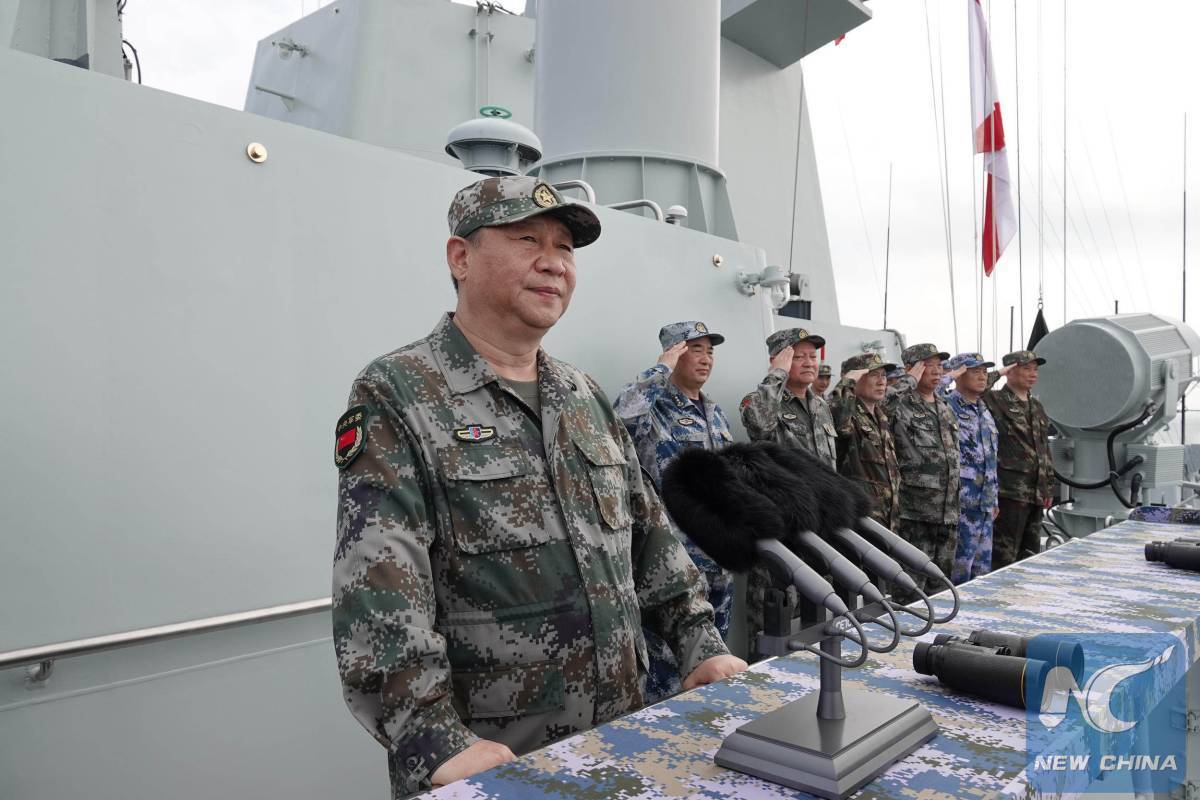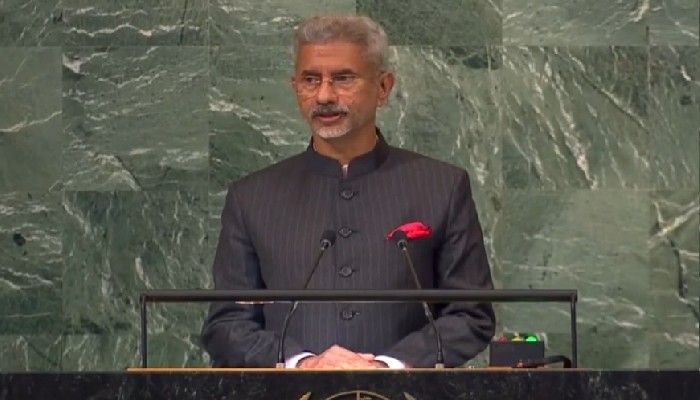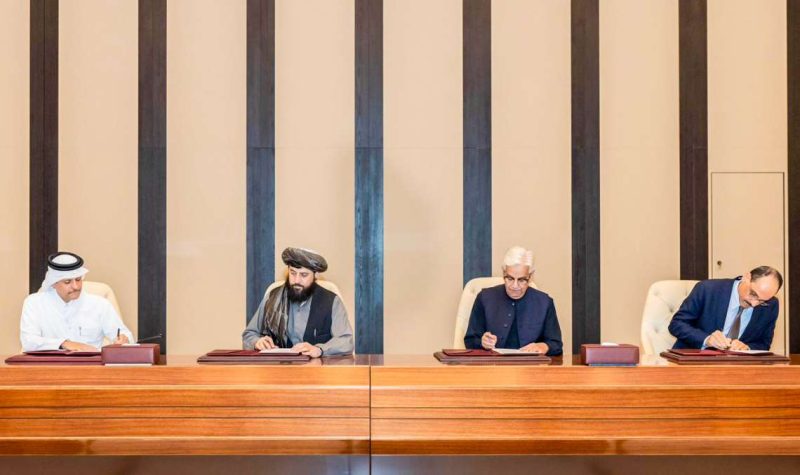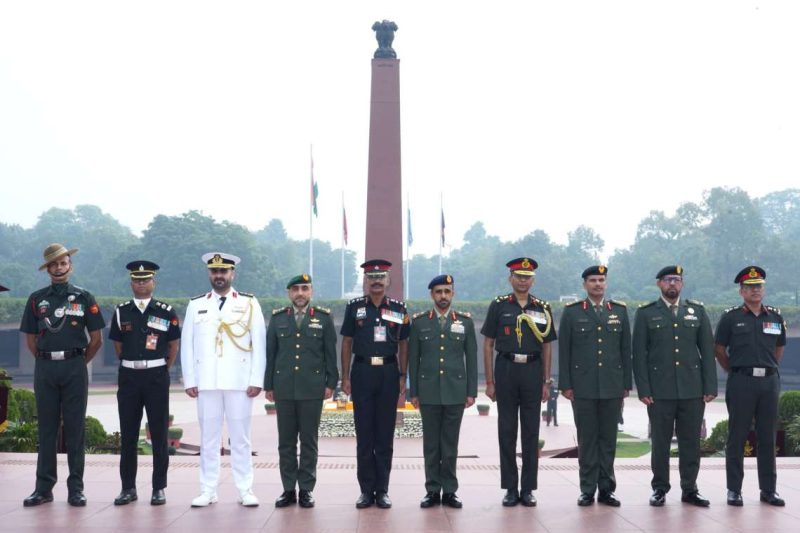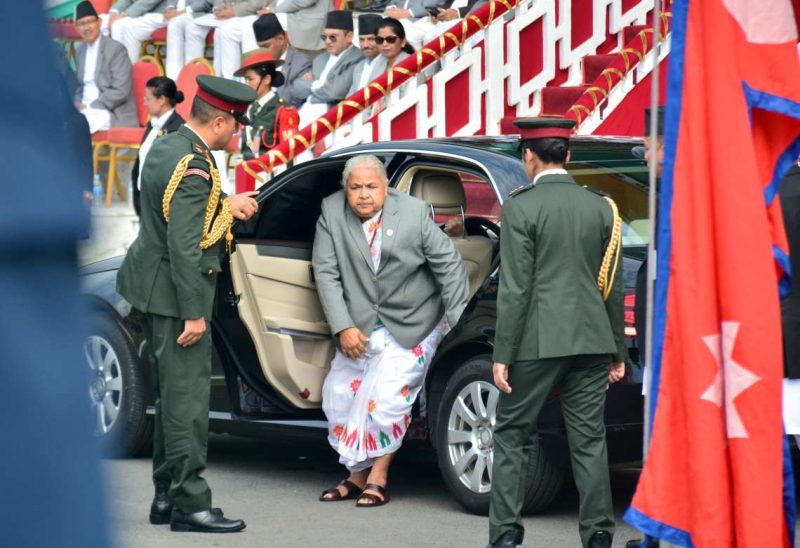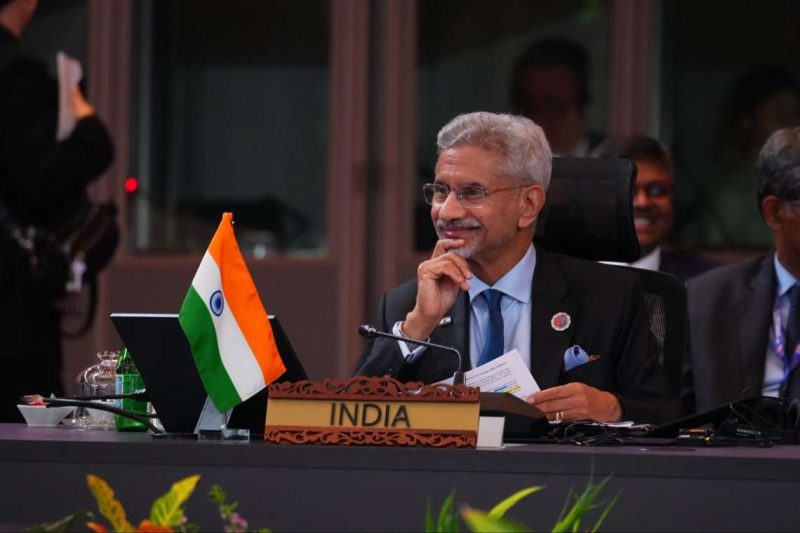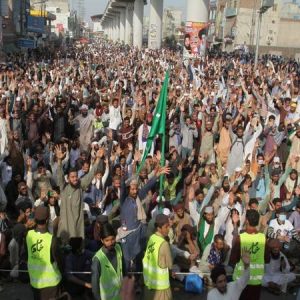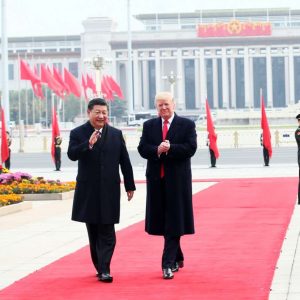Xi would also surpass the tenure of Jiang Zemin who led the CCP as General Secretary for 13 years and 145 days during the period 1989-2002…reports Asian Lite news
In the run-up to the 20th National Congress of the Chinese Communist Party (CCP), propaganda has been centered around projecting the inevitability of a third term for President Xi Jinping.
Incidentally, at the end of his anticipated third term, President Xi would become the second longest-serving head of CCP after Mao Zedong, who was in control of various positions for 33 years and 174 days.
Xi would also surpass the tenure of Jiang Zemin who led the CCP as General Secretary for 13 years and 145 days during the period 1989-2002.
Interestingly, the expected third term would provide Xi an opportunity to further stamp his authority on the party, military, and government with the intent of creating an enduring legacy.
Meanwhile, the CCP, as part of its efforts to shore up public support for Xi’S third term announced (September 27) that it would publish a compilation of documents, called ‘Revitalisation Library,’ which would highlight China’s pursuit of national rejuvenation as well as the long-term goals of the party.
President Xi underlined that the ‘Revitalisation Library’ is a major cultural project, aimed at bolstering public confidence in the country’s path.
President Xi also reappeared (September 27) in public, for the first time in the aftermath of his return from Samarkand, and visited an exhibition in Beijing on the country’s achievements since 2012.
Xi was also accompanied by Beijing-based members of the Politburo of CCP. Significantly, Xi calls Mao’s time the ‘revolution period,’ Deng Xiaoping’s the ‘building period,’ Jiang Zemin and Hu Jintao’s the ‘reform period’ while calling his term a ‘whole new era.’
Xi has steadily consolidated power, reducing space for dissent and opposition since becoming party general secretary a decade ago.
Ahead of the 20th National Congress, scheduled for October 16-18, the Chinese authorities have beefed up the security arrangements in and around Beijing and have been carrying out frequent security checks on buses and trains, The Hong Kong (HK) Post reported.
The objective of this exercise is to detain ‘petitioners’ and ‘activists’ travelling from other provinces to Beijing to seek redressal of their grievances by submitting petitions at the office of the CCP.
Police have also been conducting regular searches at all guest houses/hotels to detain such ‘petitioners/activists’. Submission of petitions is part of an administrative system to hear grievances and complaints.
Meanwhile, Xi is facing serious human rights criticism on international platforms and from around the world as the UN released its report highlighting “serious human rights abuses” — and potentially crimes against humanity — committed by the Chinese government in Xinjiang.
China had urged the UN not to release the report, calling it a “farce” arranged by Western powers. But investigators said they found “credible evidence” of torture possibly amounting to “crimes against humanity”.
The report was formally called the Office of the United Nations High Commissioner for Human Rights (OHCHR) Assessment of human rights concerns in the Xinjiang Uyghur Autonomous Region, the People’s Republic of China, released on August 31.
Meanwhile, the International community has serious concerns about China’s designs. Riding on the wings of its dazzling economic growth, the PRC has advanced not only the Belt and Road Initiative (BRI) projects, but also a series of military ones: the modernization of the nuclear arsenal, the rollout of new stealth, cyber, and artificial intelligence warfare technologies, the construction of the world’s second-largest blue-water navy, and the building of new overseas bases, reported the HK Post. (ANI)


